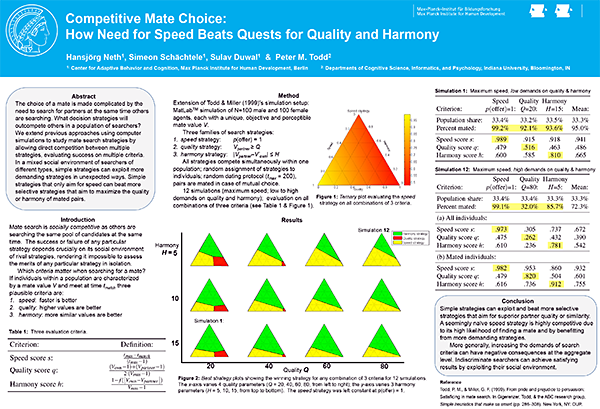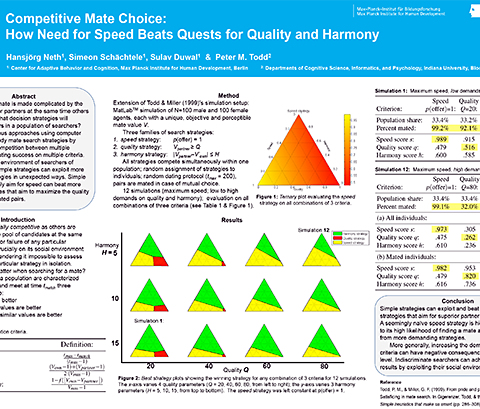Posts in Category: 2010–2011
published in 2010 or 2011
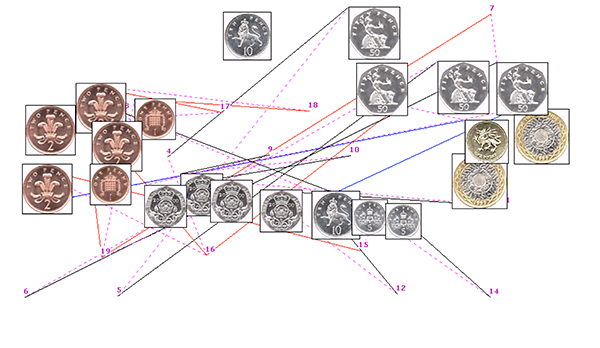
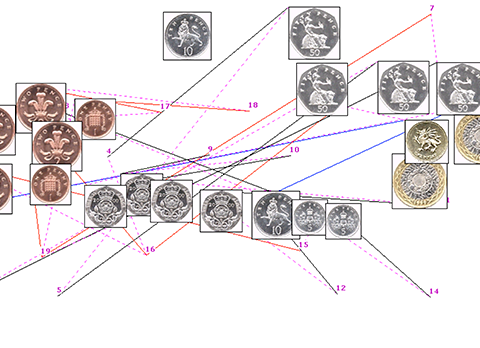
Paper: Interactive coin addition
| ‘Can you do Addition?’ the White Queen asked. ‘What’s one and one and one and one and one and one and one and one and one and one?’ ‘I don’t know,’ said Alice. ‘I lost count.’ |
| Lewis Carroll, Through the Looking-Glass, Chapter IX. |
Hansjörg Neth, Stephen J. Payne
Interactive coin addition: How hands can help us think
Abstract: Does using our hands help us to add the value of a set of coins?
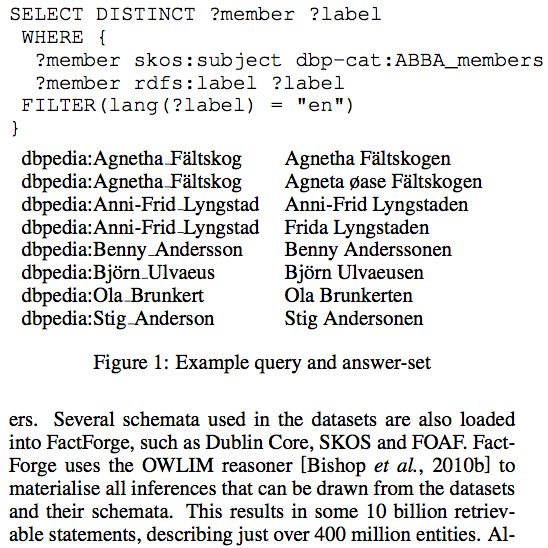
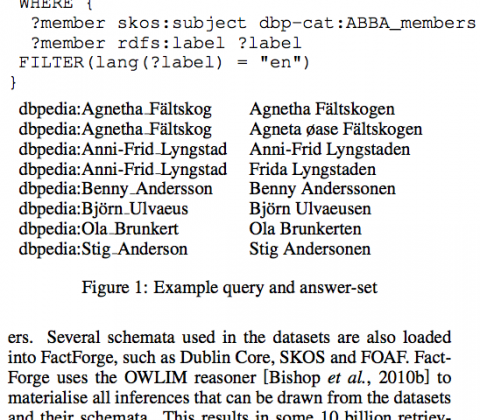
Paper: Ranking LOD data with a cognitive heuristic
Arjon Buikstra, Hansjörg Neth, Lael J. Schooler, Annette ten Teije, Frank van Harmelen
Ranking query results from Linked Open Data using a simple cognitive heuristic
Abstract: We address the problem how to select the correct answers to a query from among the partially incorrect answer sets that result from querying the Web of Data.
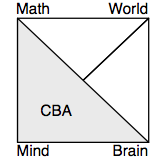

Chapter: The cognitive basis of arithmetic
| The truths about numbers are in us; but still we learn them. |
| G.W. Leibniz (1765), Nouveaux essais sur l’entendement humain, p. 85 |
Helen De Cruz, Hansjörg Neth, Dirk Schlimm
The cognitive basis of arithmetic
Overview: Arithmetic is the theory of the natural numbers and one of the oldest areas of mathematics. Since almost all other mathematical theories make use of numbers in some way or other, arithmetic is also one of the most fundamental theories of mathematics. But numbers are not just abstract entities that are subject to mathematical ruminations — they are represented, used, embodied, and manipulated in order to achieve many different goals, e.g., to count or denote the size of a collection of objects, to trade goods, to balance bank accounts, or to play the lottery. Consequently, numbers are both abstract and intimately connected to language and to our interactions with the world. In the present paper we provide an overview of research that has addressed the question of how animals and humans learn, represent, and process numbers.
